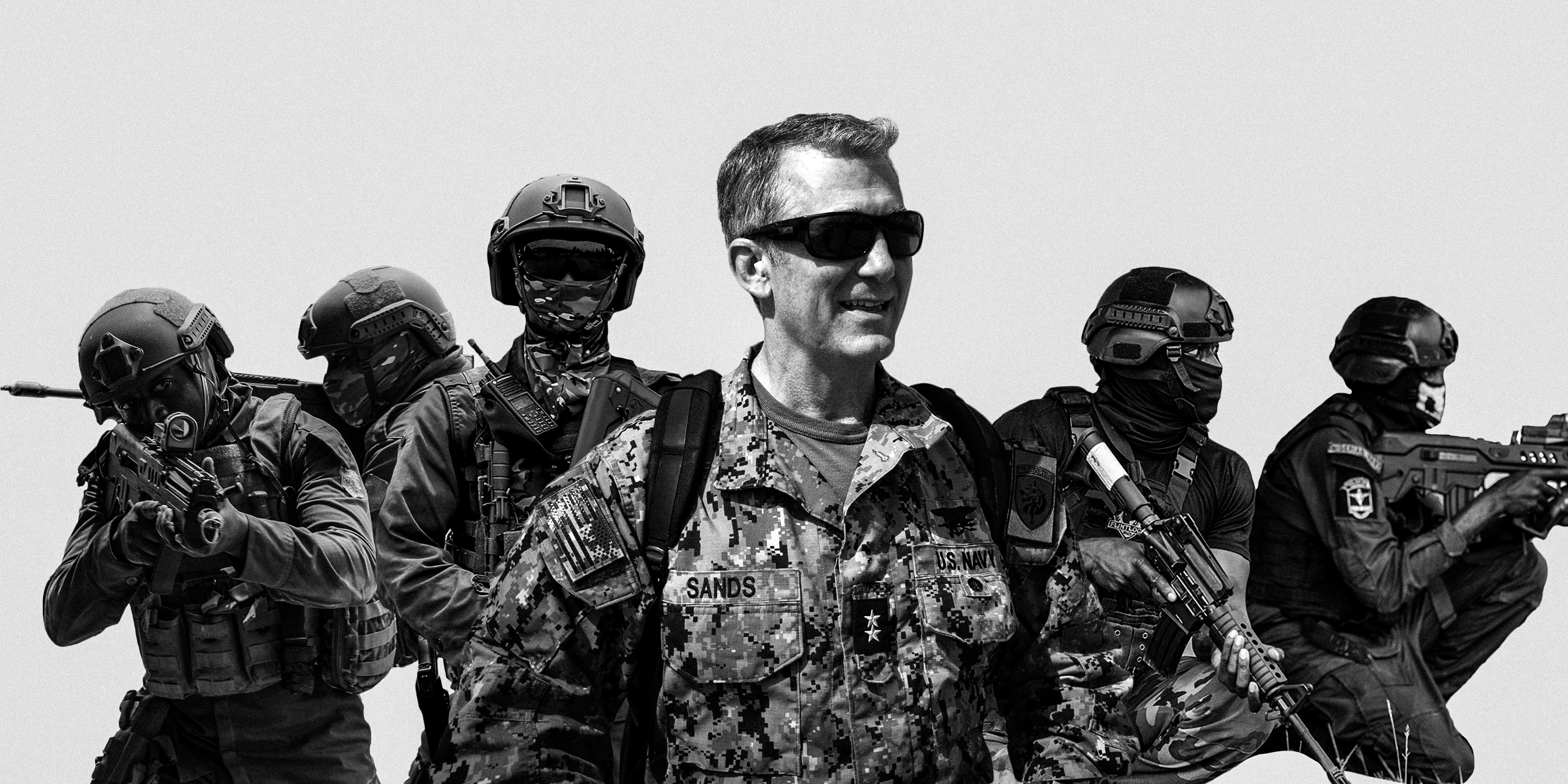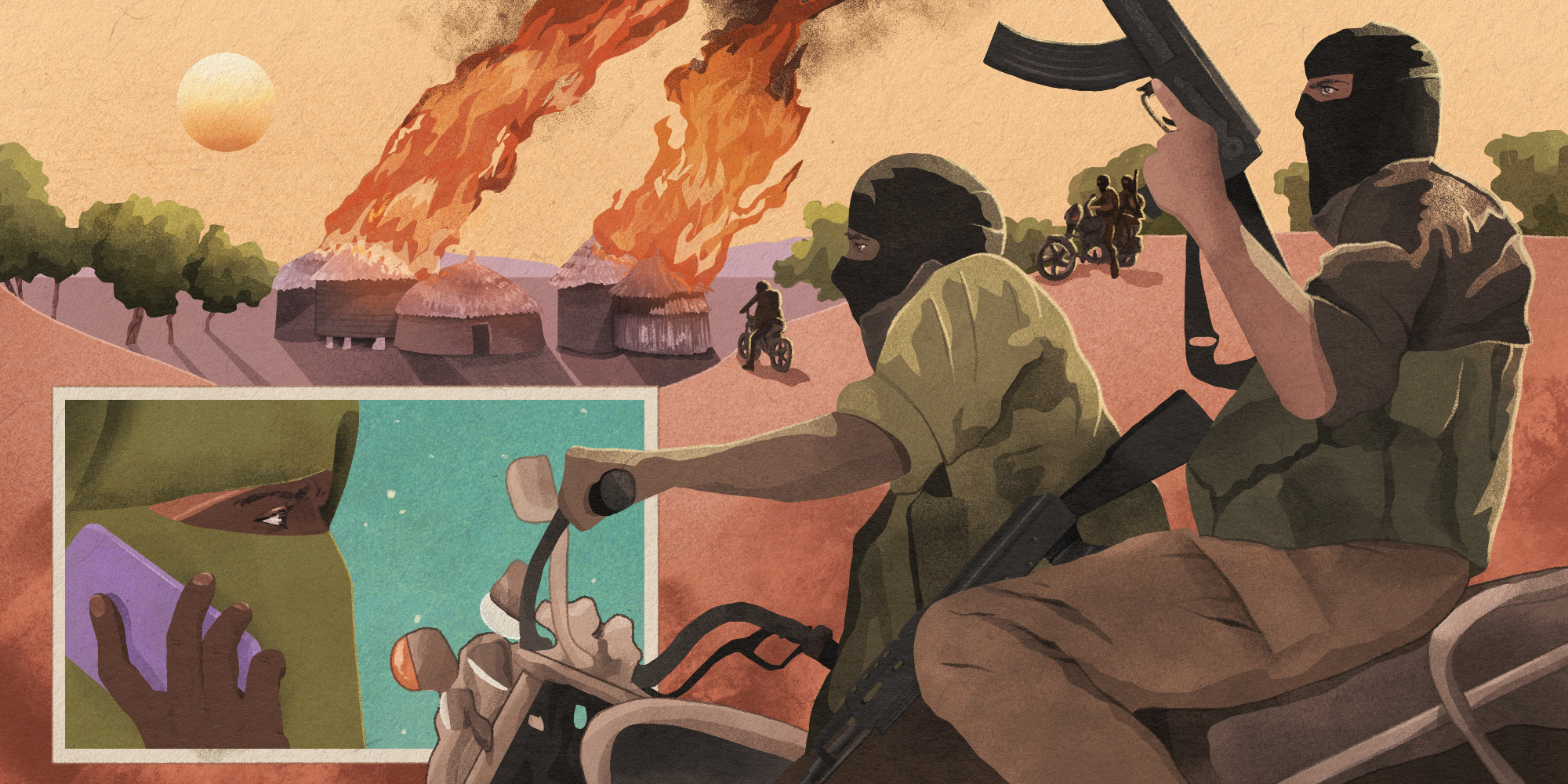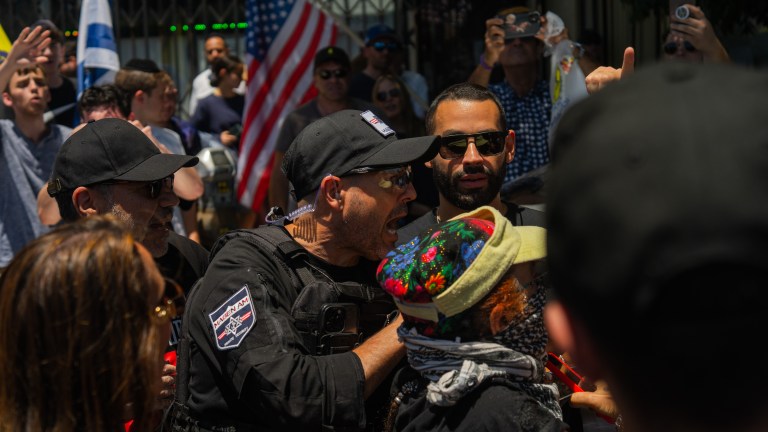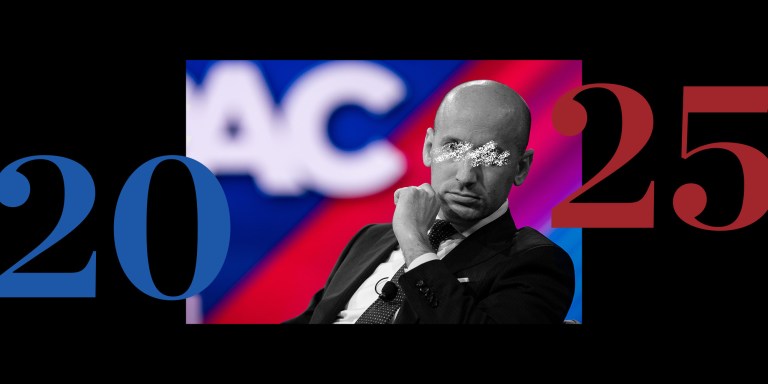Russia is to blame for coups in the African Sahel, according to a new analysis by the Pentagon’s top Africa researcher, which ignores the U.S. role in training leaders of these mutinies — and two decades of failed U.S. counterterrorism policies in the region.
The article, which calls for “standing up to Africa’s juntas,” fails to mention that at least 15 military officers who benefited from U.S. security assistance have been involved in 12 coups in West Africa and the greater Sahel during the war on terror.
“An alarming string of military coups across the Sahel in recent years has greatly marginalized Western engagement in this important and highly volatile region,” wrote Jeffrey Smith, the founding director of the pro-democracy nonprofit organization Vanguard Africa, and Joseph Siegle, the director of research at the Africa Center for Strategic Studies, a Pentagon research institution, in a recent article published in the Journal of Democracy as well as the Africa Center.
Focusing specifically on the mutinies in Burkina Faso, Mali, and Niger, they note, “Russia has had an active and not-so-subtle hand in coups in each of these three countries, which were preceded by at least a year of intensive disinformation aimed at destabilizing the democratically elected (and Western-leaning) governments in place.”
A series of reports by The Intercept found that military personnel who had received U.S. support were involved in coups in Burkina Faso (in 2014, 2015, and twice in 2022), Mali (in 2012, 2020, and 2021), and Niger (in 2023). U.S.-supported officers also played a role in coups in Mauritania (2008), Gambia (2014), Chad (2021), and Guinea (2021).
The total number of U.S.-trained mutineers across Africa since 9/11 may be far higher than is known, but the State Department, which tracks data on U.S. trainees, is either unwilling or unable to supply it.
The Pentagon is mandated to provide a briefing on coups carried out by U.S.-trained African partners to the Senate and House Armed Services committees but missed its March deadline. A source on Capitol Hill told The Intercept that the Pentagon eventually held the required classified briefing, but the Department of Defense failed to confirm the information.
The U.S. has recently been forced into withdrawing its troops from Niger and Chad due to souring relations with these longtime allies and the former acolytes who now lead them.
“While the juntas justify their coups — and continued strongman rule — based on the claim that they are uniquely able to restore security, episodes of violence linked to militant Islamist groups have doubled since these militaries have seized power,” wrote Smith and Siegle.
Aside from a single sentence noting that “Western countries had been working closely with democratically elected governments in Niger, Burkina Faso, and Mali for more than a decade,” the report contains no substantive discussion of the billions in security assistance the U.S. government has pumped into the Sahel, nor the military training provided to many of the leaders of these coups. The failure of U.S. counterterrorism efforts and the far higher spikes in terrorist violence over the span of U.S. involvement also go unmentioned.
Aside from a single sentence, the report contains no substantive discussion of the billions in security assistance the U.S. government has pumped into the Sahel, nor the military training provided to many of the coup leaders.
Throughout all of Africa, the State Department counted a total of just nine terrorist attacks in 2002 and 2003, the first years of U.S. counterterrorism assistance in the Sahel. Last year, the number of violent events in Burkina Faso, Mali, and Niger alone reached 3,716, according to the Armed Conflict Location & Event Data Project, a crisis monitoring organization. This represents a jump of more than 41,000 percent.
This has been disastrous for the people of the Sahel. In that same period, the number of fatalities linked to Islamist violence has skyrocketed from the State Department’s count of 23 deaths in 2002 and 2003 to 11,643 in 2023 — a jump of more than 50,000 percent — according to figures provided by the Pentagon’s Africa Center.
Earlier this year, Gen. Michael Langley, the head of U.S. Africa Command, pushed back on any implication that U.S. support to African military personnel was linked to their rebellions. “There is no syllabus for overthrowing a government; not in our institutions,” said Langley. “It’s safe to say there’s no correlation or causation of U.S. training to a coup happening.”
Siegle did not reply to a request for an interview sent to him via the Africa Center. Smith told The Intercept he was unsure if the rise in terrorism across the Sahel was higher during America’s interventions compared to the period of Russian involvement, but emphasized that this was “not an apology for or justification of failed U.S. policy for over a generation.” He also conceded that U.S. training of junta leaders, and abusive militaries in the region writ large, was “a fair criticism to raise.”
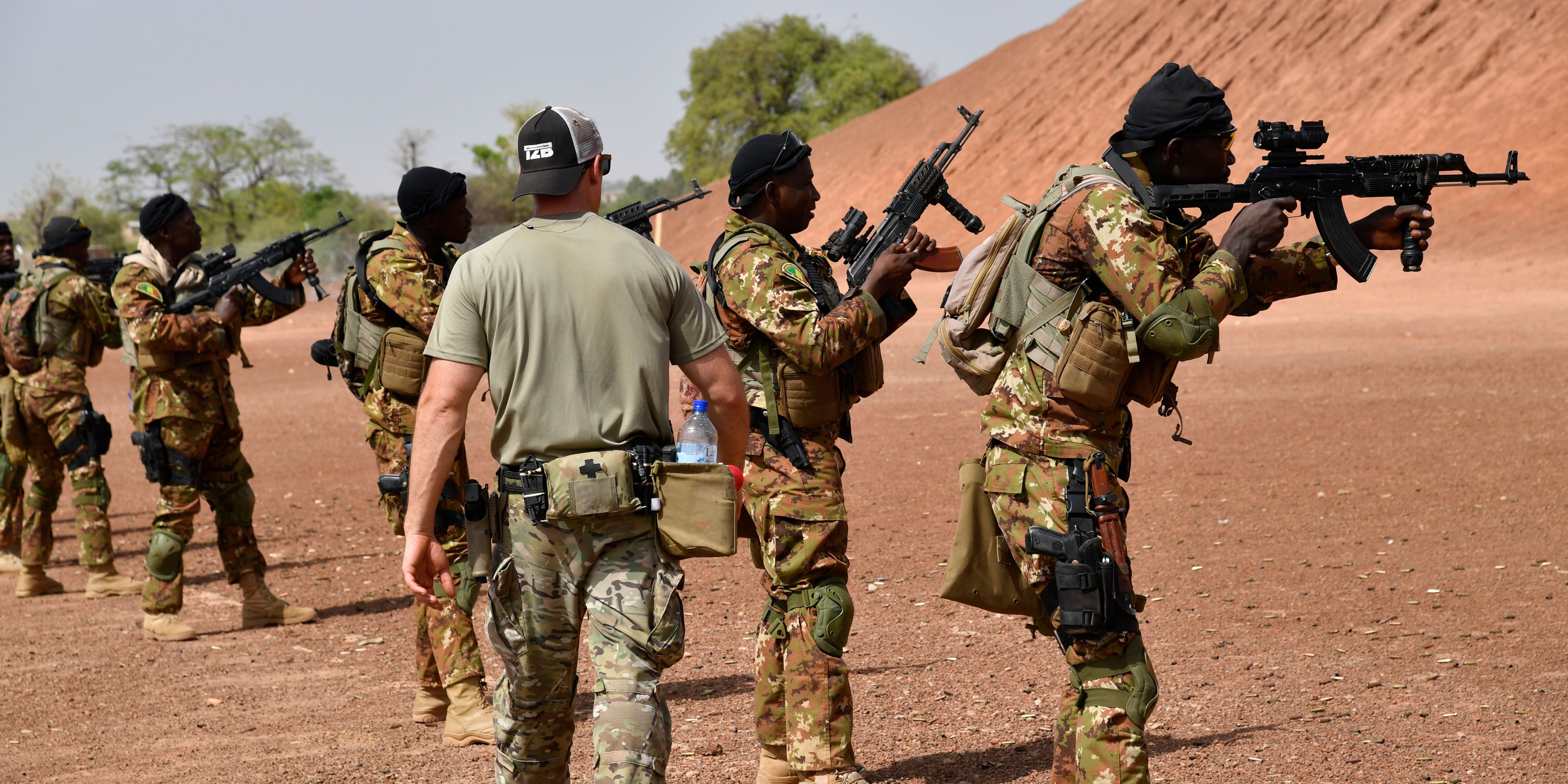

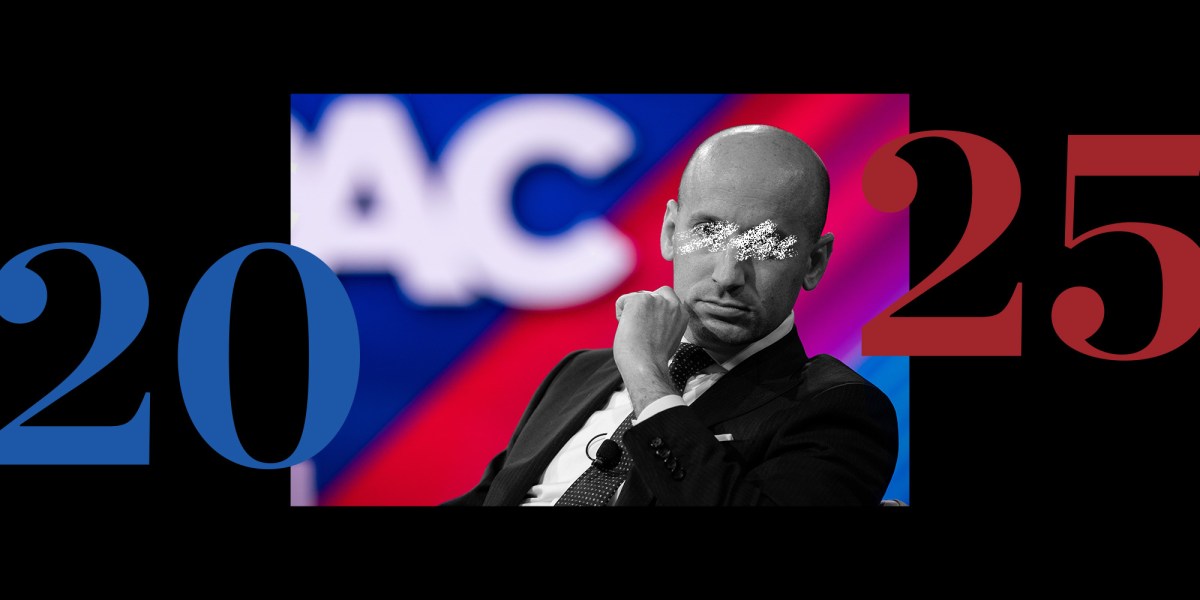
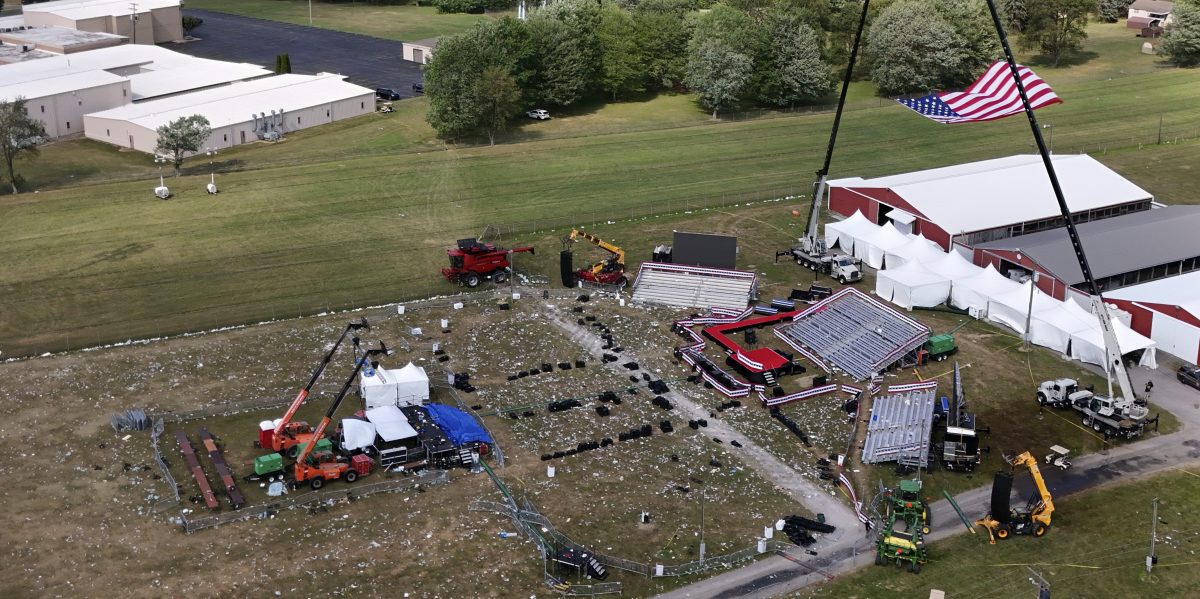
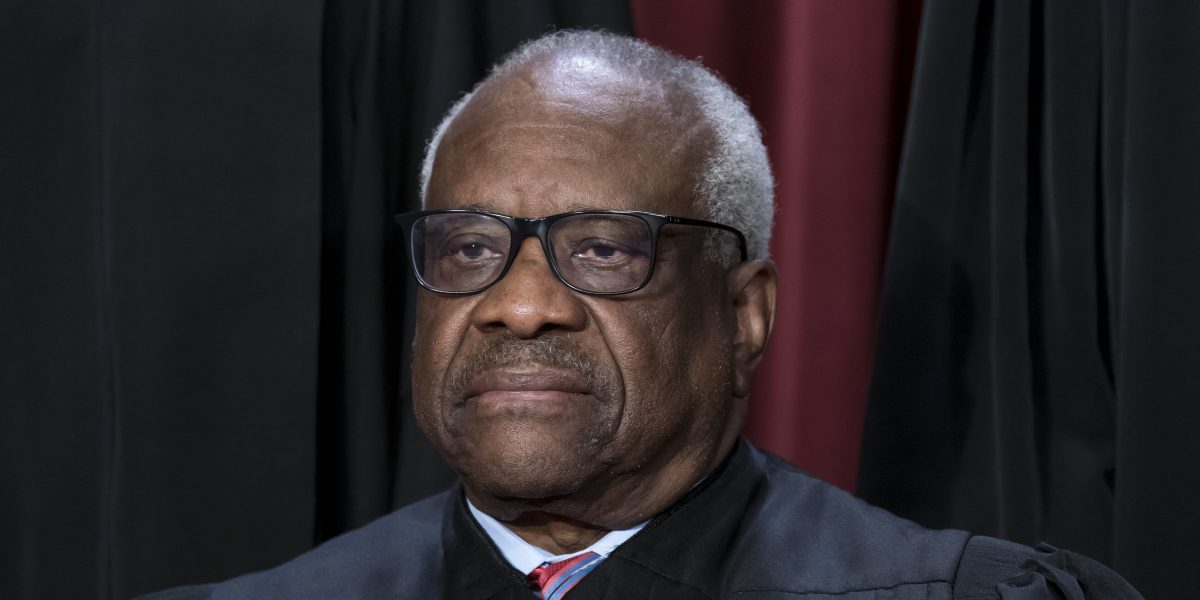
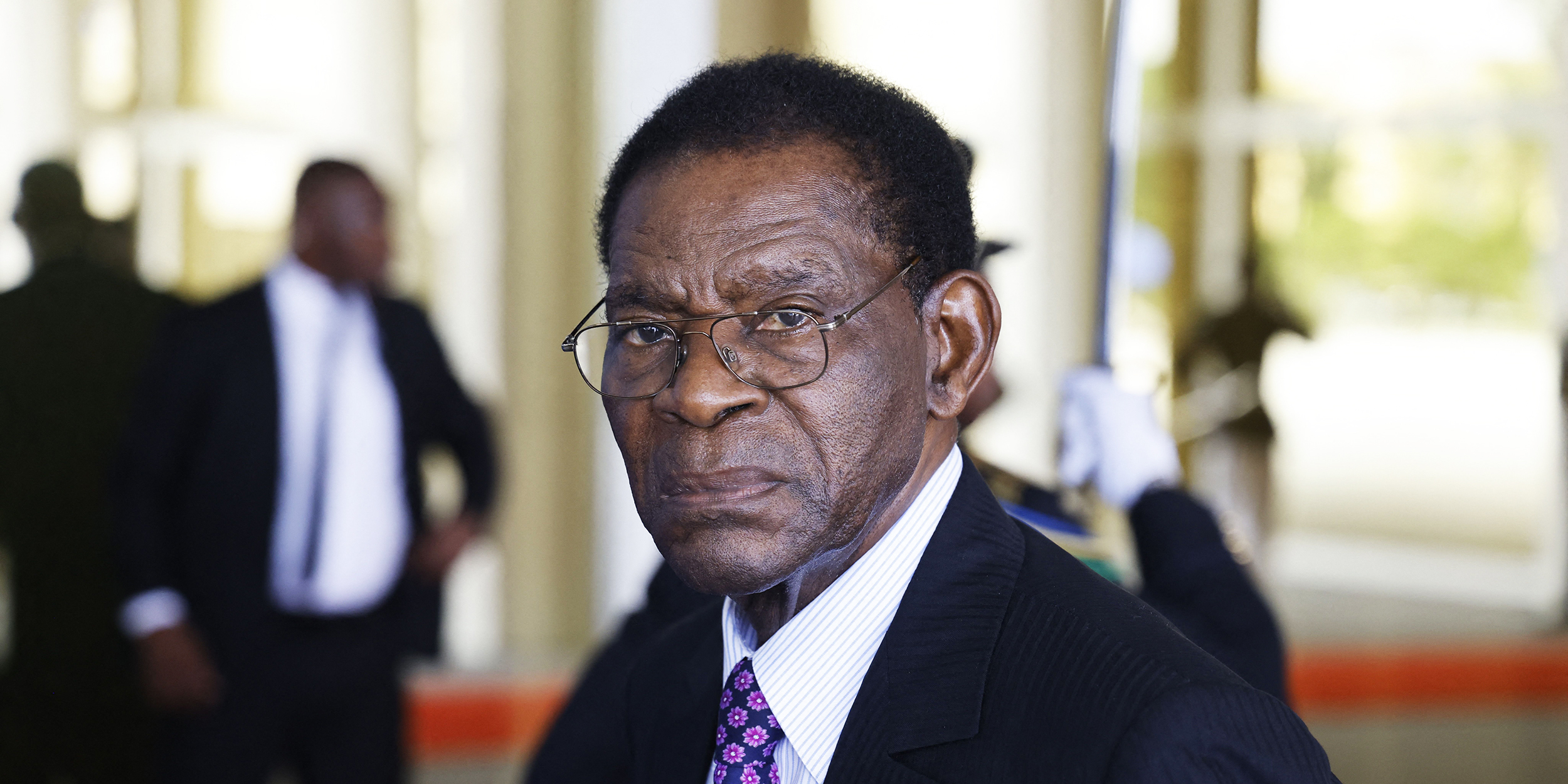
![TOPSHOT - Niger's National Council for the Safeguard of the Homeland (CNSP) Colonel-Major Amadou Abdramane (2nd R) is greeted by supporters upon his arrival at the Stade General Seyni Kountche in Niamey on August 6, 2023. Thousands of supporters of the military coup in Niger gathered at a Niamey stadium Sunday, when a deadline set by the West African regional bloc ECOWAS to return the deposed President Mohamed Bazoum to power is set to expire, according to AFP journalists. A delegation of members of the ruling National Council for the Safeguard of the Homeland (CNSP) arrived at the 30,000-seat stadium to cheers from supporters, many of whom were drapped in Russian flags and portraits of CNSP leaders. (Photo by AFP) / "The erroneous mention[s] appearing in the metadata of this photo by - has been modified in AFP systems in the following manner: [Colonel-Major Amadou Abdramane] instead of [Colonel-Major Amadou Adramane]. Please immediately remove the erroneous mention[s] from all your online services and delete it (them) from your servers. If you have been authorized by AFP to distribute it (them) to third parties, please ensure that the same actions are carried out by them. Failure to promptly comply with these instructions will entail liability on your part for any continued or post notification usage. Therefore we thank you very much for all your attention and prompt action. We are sorry for the inconvenience this notification may cause and remain at your disposal for any further information you may require." (Photo by -/AFP via Getty Images)](jpg/gettyimages-1581236163.jpg)
